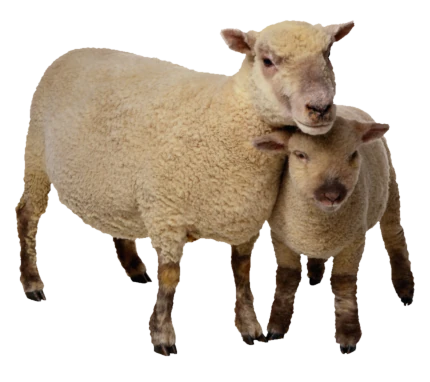Plant-based diets a crucial solution to some of our most pressing problems.
A study published in the journal Nature Communications has examined the link between diet and air pollution, finding that plant-forward diets could lead to a significant reduction in emissions of harmful pollutants such as methane and ammonia.
Ammonia is generated when manure and other fertilizers are applied to fields, contributing to health issues such as cardiovascular and respiratory diseases. Methane is produced by ruminant animals during digestion, forming ground-level ozone that can also affect the human respiratory system.
Since most food-related pollutants are generated by the production of animal products or feed, the researchers examined how three plant-forward dietary patterns — vegan, vegetarian, and flexitarian — could impact air pollution. The results indicate that vegan diets could reduce agricultural emissions by 84-86%, while vegetarian and flexitarian diets could lead to decreases of 69-70% and 44-48% respectively. However, there is considerable geographical variation, with the biggest potential drops seen in countries where livestock accounts for a large share of emissions.
These reductions could lead to a significant fall in premature mortality caused by air pollution, with vegan diets preventing an estimated 236,000 deaths worldwide per year. Furthermore, the improved air quality could improve labor productivity, increasing economic output by about $1.3 trillion.
“Crucial solution”
Decreased air pollution is just one of a host of environmental benefits linked to plant-based diets; another recent paper found that deforestation could virtually be halted if half of animal foods were replaced with alternatives.
In July, a study described as the most detailed of its kind concluded that vegan diets could slash emissions and land use by 75%. The paper also found that plant-based diets could reduce water use by 54%, wildlife destruction by 66%, and methane production by a huge 93%. The same month, scientists told the European Commission that people should eat “as little animal products as possible” to combat climate change.
“It is encouraging to see the acknowledgment of plant-based diets as a crucial solution to some of our most pressing problems,” said Lucia Hortelano, EU Policy Manager at ProVeg, at the time. “We really hope the European Commission takes this advice from their scientific advisors seriously and implements respective policy measures to help more Europeans shift to plant-based diets.”

